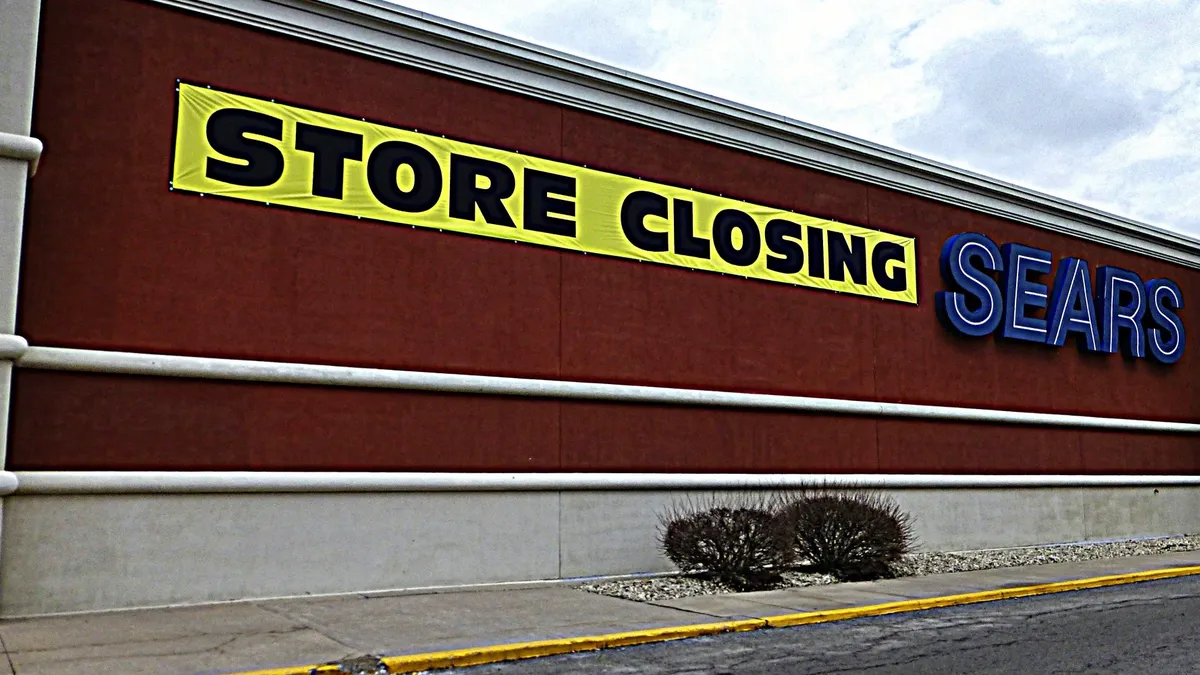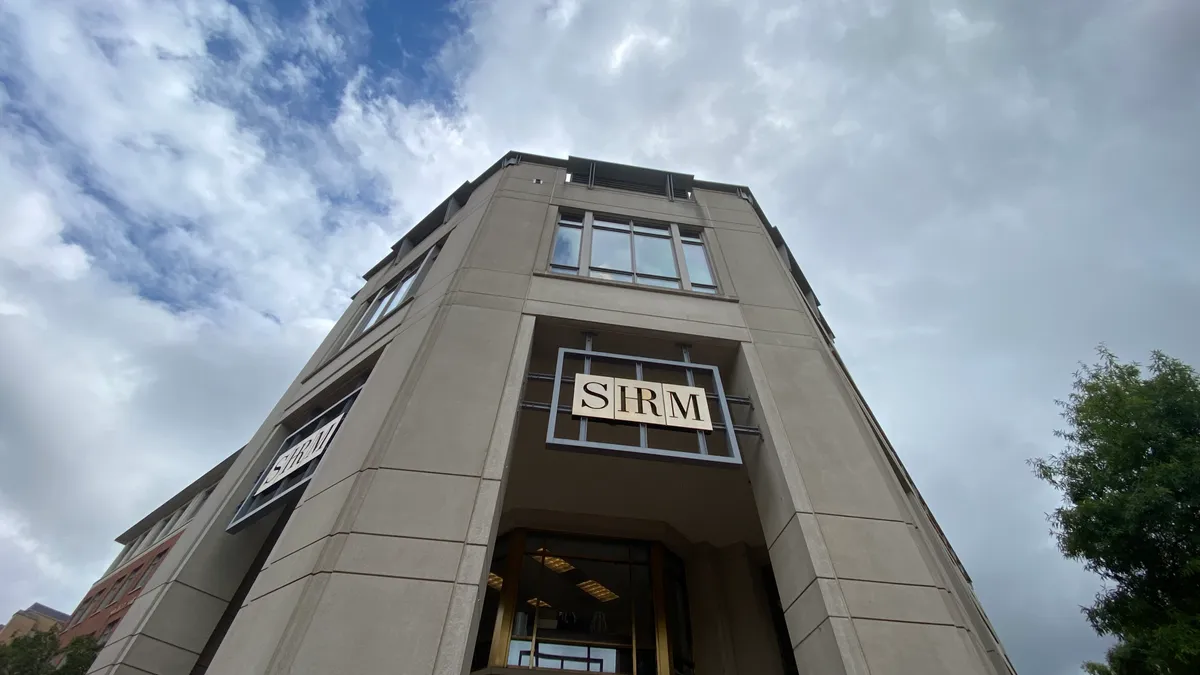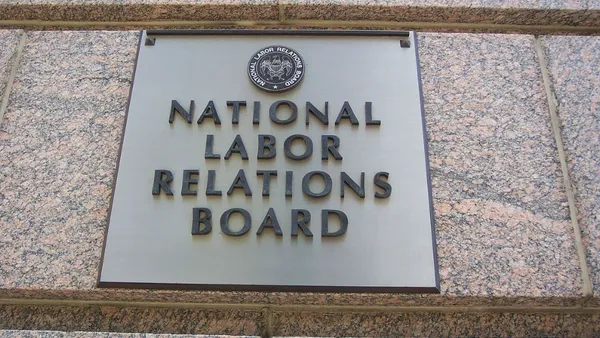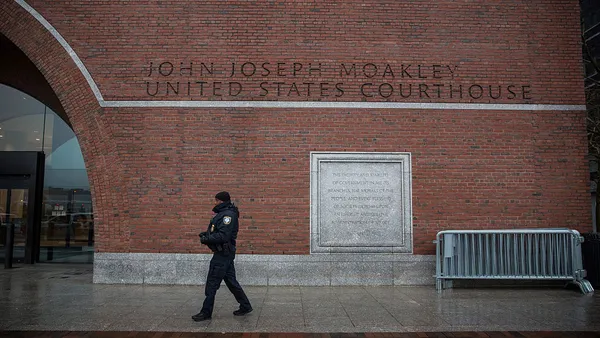Dive Brief:
-
When retail chains make the tough call to shut down stores, part of the process should include thinking about the employment law repercussions, according to the Wall Street Journal.
-
Condon McGlothlen, chair of the workforce restructuring team at Seyfarth Shaw, told the Journal that business factors typically are the main driver for the decision, but there is always the possibility, if not done right, of closings triggering federal worker notification requirements, including severance pay and related benefits.
-
McGlothlen cites the federal Worker Adjustment and Retraining Notification Act, which requires retailers to provide workers 60 days’ notice or 60 days of pay and benefits in lieu of notice, though it only applies if 50 employees at the location in question lose their jobs as a result.
Dive Insight:
McGlothlen told the Journal that an alternative is to sell the locations instead, not shut them down. And if a buyer is willing to hire all the affected workers, all the better. Of course, he cautions, selling to a competitor if you still have stores in the region won't work. Another good HR move is to offer laid off workers the chance to apply for openings at other locations in the area.
He said HR leaders in retail should consider severance payments as a buffer to avoid trade secret or other competitive business information losses, as well as deflect any age-based or other worker-driven lawsuits.
“Most retailers, even those that are facing financial difficulty, will try to pay some severance to get a release of claims,” McGlothlen told the Journal. HR executives in retail chains that are considering closing stores might be wise to coordinate any such move with employment counsel, at the very least coordinating the planning with in-house counsel. For example, Sears announced it would be closing 78 stores this summer, and a severance pay package was part of the deal.














